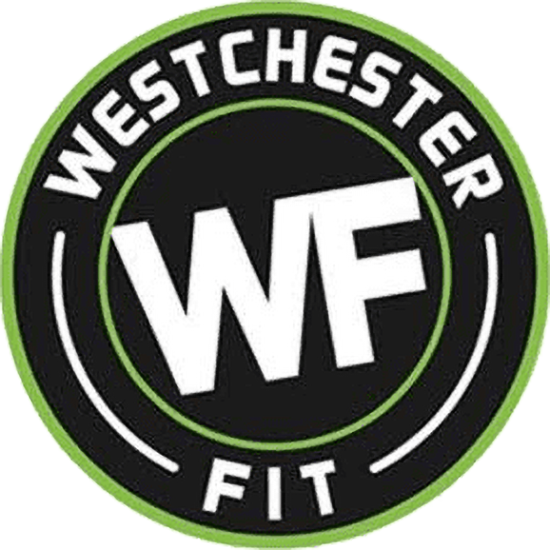
One of the most common questions I get asked is whether or not people should buy their food from organic sources. If you had asked me 5 years ago I would’ve said, “absolutely yes”. More recent studies and research have shown that the actual nutrient density in many fruits, vegetables, beef etc that are grown organic versus conventional are nominal at best. This means that the conventionally grown stuff provides just about the same amount of nutrients.
First off let’s define the term organic. The word organic refers to the farming practices used to grow products such as fruits, vegetables, grains, dairy, cheese and meat. The main purpose being to improve soil and water quality, cut air pollution, provide healthier conditions for livestock, and promote self sustainability on a farm. This is done by eliminating many fertilizers and pesticides to provide a safer environment.
The truth is organic farming has provided all of the above. However, in my opinion it has been largely misrepresented as a marketing tactic to imply “healthier” for the consumer even though recent studies have shown the contrary. There isn’t much of a difference from a nutrient standpoint So why shop organic at all?
Nutrients
Studies have shown a small increase in the nutrient properties of some organic produce. There might be more of certain antioxidants and types of flavonoids which have antioxidant properties.
Omega 3 Fatty Acids
Grass fed meat tends to have higher ratios of heart healthy Omega 3 fatty acids versus their grain fed counterparts. Grain fed cattle tend to be higher in linoleic acid and Omega 6 fatty acids.
Toxic Metal
Toxic metals such as cadmium are naturally found in soils and absorbed by plants. Lower levels of toxic chemicals have been found in organic produce likely because of the ban on synthetic fertilizers linked to organic farming.
Pesticide Residue
Organically grown produce has lower levels of pesticide residues compared to their conventional counterparts.
Animal Welfare
The conditions of free range, free roaming, and pasture-raised cattle and hens is far superior from an animal welfare standpoint. While the nutrient difference isn’t as much as it’s been advertised to be, the living environment of the animals is certainly better.
One of the major drawbacks of shopping organic is simple. Price. The prices are higher due to the increased cost of the farming practices. I personally always shop organic simply because I can afford it. The animal welfare component, and the lesser degree of toxic metals and pesticide residue really resonates with me. The added cost is no issue for me to feel good about what I’m supporting.
If you are however shopping on a budget, there are certain tips and tricks that we teach at Westchester Fit. For example if you’d like to shop organic, but don’t want to break the bank you can learn about things such as the “clean 15” or “dirty dozen” which reference produce items with the lowest and highest levels of pesticide residue based on how they are grown.
I always say, eating healthier might be more expensive, but you can pay now and nourish your body the right way, or pay later with deteriorating long term health. If you have any questions please feel free to send me a message.
– Coach Chris
